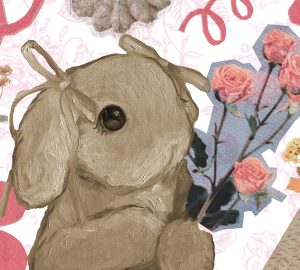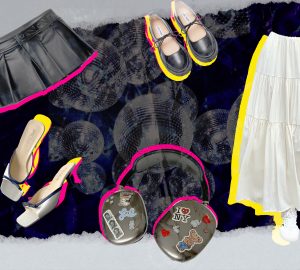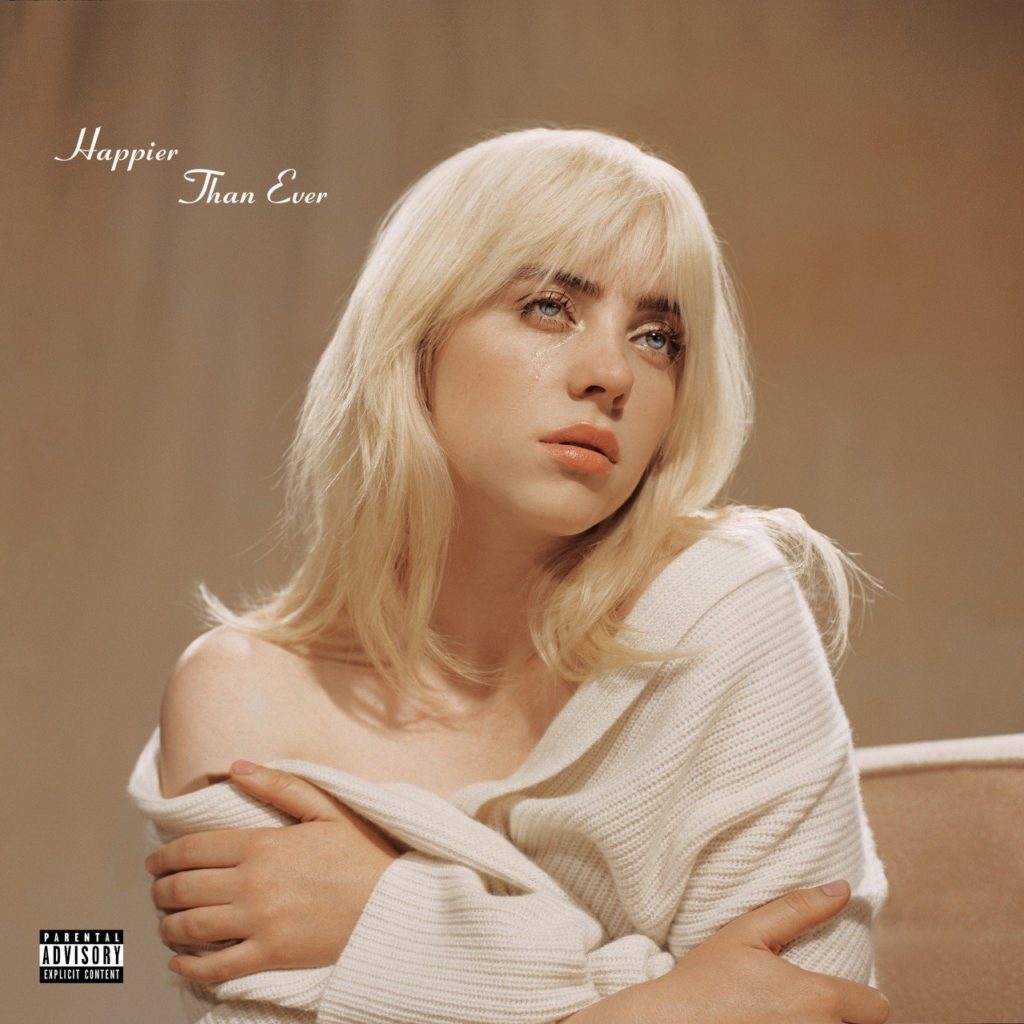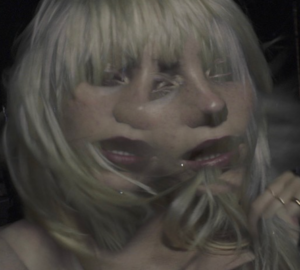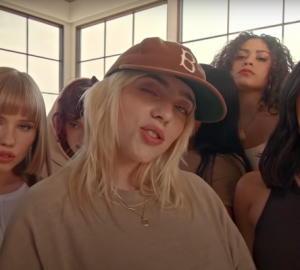‘Happier Than Ever’: Billie Eilish is living her best era
There’s nothing more enjoyable than an intimate and personal album. Billie Eilish’s “Happier Than Ever” is an exploration of the singer’s growth and maturity while also tackling the ups and downs of a bitter relationship. This new era of Eilish shows a different side of her than her debut album, which is that’s exciting. A singer should feel free to experiment with their styles instead of following the generic formula that would satisfy radio stations. However, there is still a strong presence of the past Eilish in the vocals and delivery of each song, while her brother FINNEAS’s production remains innovative and remarkable. I personally like “Happier than Ever” more than her previous album just because Billie seems more comfortable being herself and writing whatever she feels like writing. More risks were taken in this album and the vulnerability is compelling.
The opening song, “Getting Older” introduces Eilish’s confessional approach to the album, her soft vocals and powerful lyrics demanding close attention. The lyrics are certainly personal and intimate, but still vague enough for the audience’s own interpretations. “Getting Older” shows Billie reflecting on her past emotions and recognizing the lessons taught by her bad experiences. She acknowledges her own flaws and presents a regular human being, without all the glamour of fame or success, just a girl singing from the bottom of her heart.
Spotify made the most out of the album’s release and offered three different listening modes to experience the album. Only one of them seems relevant, to be honest, and that is Lyric Mode, where we get to hear short audio clips of Billie briefly breaking down the lyrics and describing the creative process behind the songs. I hope Spotify continues to do this with future releases from different artists.
“I Didn’t Change my Number” is Eilish being unapologetic and showing her former partner how unbothered and unavailable she is. This song is ideal if you’re going through a breakup and need to build up to the attitude to walk away from the other person and simply live your best life.
“Billie Bossa Nova” is a refreshing surprise as we get to hear the singer experimenting with the Brazilian genre Bossa Nova, sensual and poetic in the instrumentals, being a perfect match for Eilish’s idyllic voice. FINNEAS produced another beautiful melody and let her sister have fun with it, breaking the tension of the previous songs with something spicier.
The previous releases like “My Future” and “Your Power” also show Eilish’s increasing talent as a songwriter. She doesn’t hold back. The vulnerable lyrics are more impactful than any over-the-top vocals could be, but there is also a hopeful note to the songs. They take you on a journey through different emotions, all of them relatable, while letting you vibe with the melodies. Regarding “Your Power,” I feel like it’s one of the most important songs of the album as it addresses how men taking advantage of young women has become normalized in our society. Eilish is speaking for countless of people who’ve been in this situation, perhaps fearing to speak out and share their experiences. It’s remarkable to see a young artist being so outspoken.
According to Eilish, “Oxytocin” is meant to be a fun song to perform in concerts and hype up the crowd. Although I appreciate how the singer is thinking about the spectacle of her tour, this song doesn’t stand out compared to the others. I’m intrigued to see the live performance, though.
“Lost Cause” is another personal favorite. It’s sassy and the top-tier production with a dominant bass is all I need to go along with Eilish voice. The music video is also phenomenal, showing Eilish being comfortable with herself and having fun with her friends. As a singer who’s constantly criticized about her style and body it’s refreshing to see her enjoying herself.
Albums with interludes always make for a more interesting listening experience (unless it’s an Eminem album) and Eilish’s “Not My Responsibility” is more relevant than most interludes tend to be. The words are sharp and straight to the point. The amount of judgment she’s received on her body and her style is ridiculous. People on the internet are embarrassing. Especially on Twitter. But instead of letting her critics tear her down and affect her career, Eilish addresses them up front with a clear and powerful statement:
“If I wear more, if I wear less, who decides what that makes me? What that means? Is my value based only on your perception? Or is your opinion of me not my responsibility?”
The best song of the whole album is “Happier Than Ever.” The transition made me feel run over by a train and I loved every second of it. What started as an acoustic ballad became a punk-rock spectacle with the singer screaming like she’d been wanting to scream for a long time. Whispering-Billie who? This album showed that she can do anything.





